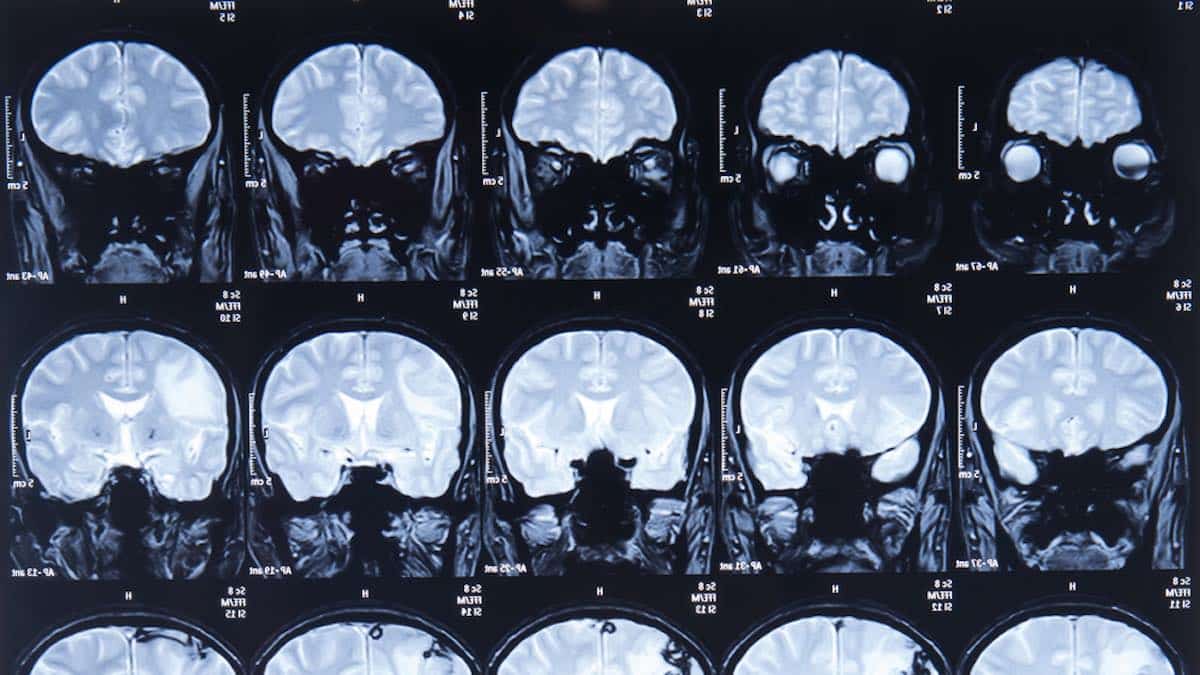With IM you can easily scale & grow your practice, all while achieving better patient outcomes!

Restoring Harmony: Harnessing Balance-Based Torso Weighting and Rhythmic Entrainment for Post-Concussion/TBI Patients
White Paper Accepted By American Congress Of Rehabilitation Medicine

Keywords
Adult, Motor Skills, Sensory Processing
This study explores the use of the Interactive Metronome (IM) and the Balance Based Torso Weighting Vest (BBTW) in treating a 49-year-old female patient who had experienced a right frontal cranial traumatic brain injury (TBI) four years prior.
The patient exhibited symptoms including discoordination, impaired balance, vestibular dysfunction, inability to perform dual tasks, and ataxia. Treatment goals revolved around managing sensory overload, reducing fall risk, and improving conversational abilities.
IM and BBTW were employed as part of the treatment, with noticeable improvements observed in the patient’s sustained and divided attention, postural responses, motor control, timing, and tolerance of visual and auditory stimulation.
By taking advantage of auditory rhythms’ ability to improve movement stability, the combined use of IM and BBTW provided a low-cost and low-risk intervention for the patient’s residual impairments beyond the expected TBI recovery period. This approach may offer promising strategies for similar cases in the future.
Abridged Summary & Results of Study
Title: Balance Based Torso Weighting and Rhythmic Entrainment in a Patient Post Concussion/TBI
Authors: Tammie Keller Johnson, Western University
Accepted by AMERICAN CONGRESS OF REHABILITATION MEDICINE
2021
RESULTS:
A 49 year old female sustained a right frontal cranial TBI four years prior to this study. She demonstrated discoordination, impaired balance, vestibular dysfunction, inability to perform dual tasks, and truncal/extremity ataxia. Her goals for treatment included developing strategies for sensory overload, decreasing fall risk, and improving her ability to converse with others. The Balance Based Torso Weighting Vest (BBTW) was used in conjunction with Interactive Metronome (IM), resulting in improved sustained/divided attention, postural responses, timing, motor control and improved increased tolerance of visual and auditory stimulation.
DETAILS:
- n = 1 49 yr old female s/p right frontal cranial TBI four years prior
OBJECTIVE MEASURES:
- Interactive Metronome task average scores (ms)
- Sensory Organization Testing
Get IM Certified!
Getting Certified in Interactive Metronome is Easy! Attend a Live, Online Virtual Certification course and in one day you can start offering Interactive Metronome to your clients.
Education, Support & More!
We offer ongoing support and continuing education in Interactive Metronome so you can get the most from it. Learn how to profitably implement IM into your practice and help more patients in less time.
Our FREE on-demand library is chock full of specific short classes tailored to different populations and conditions as well as advanced IM application courses.
We routinely have Live webinars where you can sharpen your skills and learn the latest from clinicians.
And our clinical advisers are happy to help you with suggestions for particular clients.




